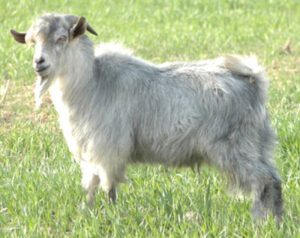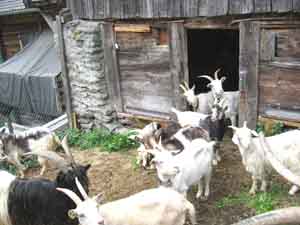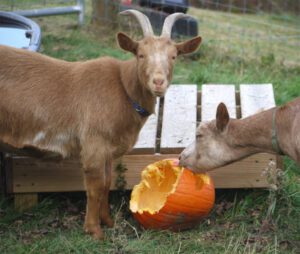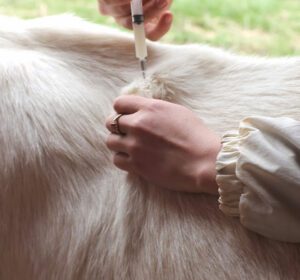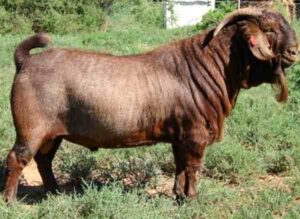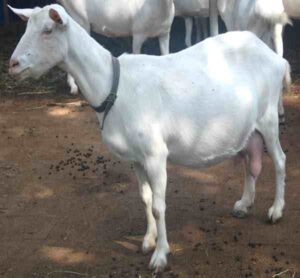Do you want to learn more about caring for newborn pygmy goats? If yes, then you are in the right place.
Some people love to raise a few Pygmy goats as pets and also for fresh milk supply daily. And most of the people want the size of their herd increase day by day. New life is always welcome in the barn or farmstead.
So, it’s better if nature take it’s course in the animal kingdom. But sometimes, nature sidesteps our expectations and then we have to face sudden and unwanted hazards or challenges. It’s not unusual if you are raising goats.
Sometimes, you might have to face such condition when a mother Pygmy goat abandons her baby kid to die. In such cases it falls to humans to intervene.
Handling such situation and caring for newborn Pygmy goats is not so easy and it’s involved with lots of dedication, time and hardworking. But it’s really worth doing if you love your animals. Isn’t it?
Caring For Newborn Pygmy Goats
Here we are describing some important steps of caring for newborn Pygmy goats if it is abandoned by the mother.
Feeding
You must bottle-feed to save the kid from death if the mother Pygmy refuses to nurse. While bottle-feeding, the bottles should contain warm fluids. Because feeding cold fluids can cause digestive distress to the kid. Always follow the natural feeding position that allows milk to flow directly to the kid’s abdomen.
You can feed the kid with it’s head tilted back. This is the best position for the kids. Give the kid 1 to 3 ounces of colostrum in the first hour of it’s life and every three hours after that for the first day.
On the 2nd and 3rd day, feed the kid 2 to 3 ounces of colostrum or fresh/frozen goat’s milk (raw or whole cow’s milk will work).
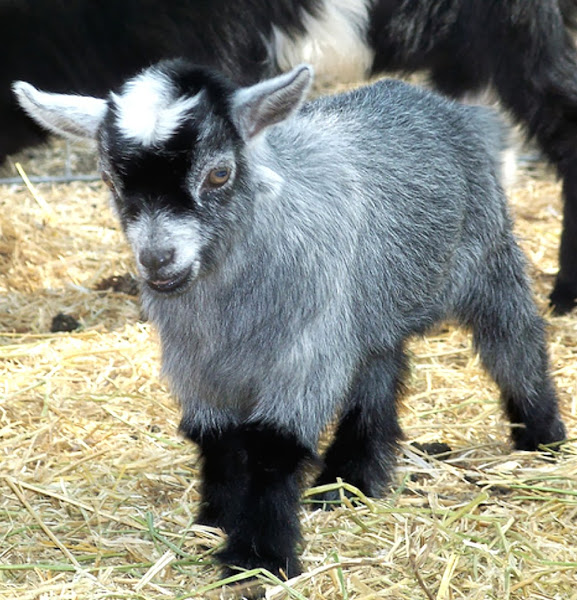
Feed them 8 to 10 times a day on their 2nd and 3rd day. Feed the kid 4 to 5 ounces of milk during the first week, 7 to 8 times a day. And then 6 times a day for the next two weeks.
After that, feed them 6 to 8 ounces of milk daily on a decreasing frequency till their 2 months of age when they are weaned. Pygmy kids always don’t take bottles easily. Patience is the the key trait here.
Additional Care
Although feedings are crucial for saving life of Pygmy kids, additional care is also required. Sickly kids are often abandoned by the does. So monitor the baby goat to ensure a rectal temperature of 101.5° to 103.5° Fahrenheit.
Place a goat with low body temperature in warm water. Then towel and blow-dry, and then wrap loosely in a towel and place in a box with a towel-covered heating pad on low. You can also use a heat lamp in cold weather.
Why Does It Happen
It occurs often enough to be considered a usual part of kidding. Over the years, goat farmers have come up with myriad reasons for this occurrence. Such as confusion of the doe, poor mothering, a lack of bonding etc.
But whatever the cause, such conditions require human intervention to save the newborn kid’s life. And obviously, it’s heartbreaking to observe a newborn Pygmy kid stretching to nurse, only to be refused milk by it’s mother.
Prevention
The old saying “prevention is better than cure” definitely applies here. In most cases, when a doe give birth of kids for the first time, she often fails to take care of her babies. And immediate bonding is key to ‘jump-starting’ the mothering instinct.
As a goat farmer, you need to move the kid in front of the mother to encourage cleaning and caring. Cleaning is the critical first step in the bonding process of mother and kids that leads to better nursing. Some people who raise goats regularly even place a bit of birthing fluid on the mother goat’s nose.

